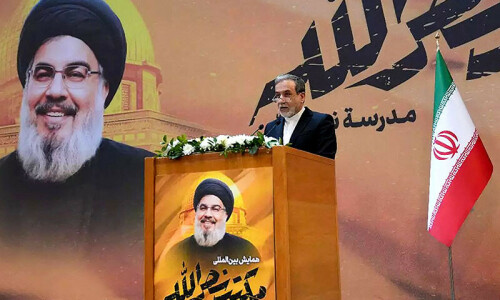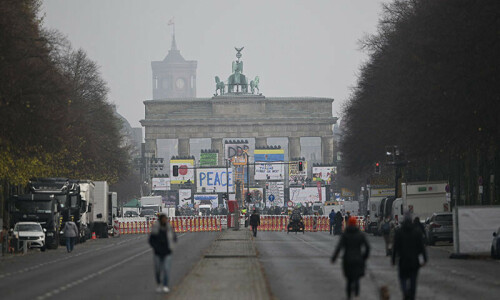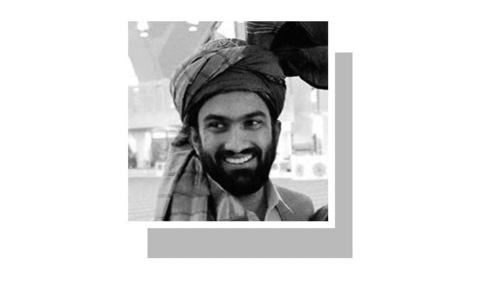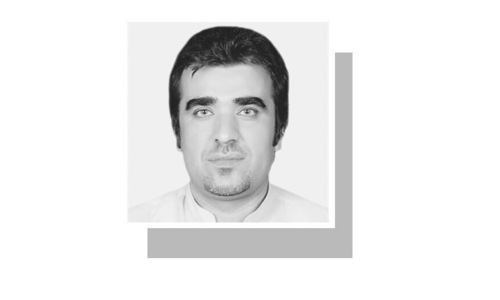ISLAMABAD, Oct 3: The United States on Tuesday advised India not to blame Pakistan for the Mubmai blasts without certain proof and suggested that New Delhi should resolve the issue through a ‘direct contact’ with Islamabad.
“India should communicate with Pakistan by having direct contact instead of talking about the Mumbai train blasts in the public,” US Ambassador Ryan C. Crocker told a news conference.
He said the United States wanted Indian and Pakistani governments to discuss all the issues between them, including the Kashmir dispute, to normalise their relations.
“We hope that both the countries would keep all their channels open to rectify their misunderstandings,” he said, adding that accusing statements would serve no purpose.
The United States, he said, appreciated the spirit and sense of understanding reached between President Gen Pervez Musharraf and Prime Minister Manmohan Singh at Havana for resolving the disputes peacefully.
Mr Crocker did not rule out the possibility of extending nuclear technology to Pakistan for civilian purposes. Both the countries, he said, had started discussion over the issue and currently Pakistan’s energy requirements were being assessed.
He said besides conventional resources, Pakistan would be provided all the support to explore alternative energy resources through short-, medium and long- term plans that would also involve the private sector.
Asked whether the Bush administration would allow American investors to set up nuclear power plants in the proposed ‘Designated Industrial Nuclear Parks’ in Pakistan, he said: “We have made a beginning and at some point in time the US could consider that idea.”
Referring to proliferation, he said one thing was clear that the issue of unauthorised proliferation was closed and the US had accepted Pakistan’s point of view on it.
“Pakistan government took a series of steps putting in place enough safeguards to completely stop this proliferation.
“But what was the extent of A.Q. Khan’s network is still to be known and determined and this issue is not closed and in this regard the international community has to be satisfied by Pakistan,” he pointed out, saying the issues concerning Iran and North Korea were not closed.
“Pakistan says it wants to get to the bottom of the issue and this is very good,” he added.
The ambassador said his country supported Pakistan government’s agreement with tribal elders in North Waziristan, adding that President Musharraf was taking full interest to restrict the activities of Al Qaeda and Taliban both in Pakistan and Afghanistan.
He said Gen Musharraf had given a “comprehensive and clear presentation” on the Waziristan accord and the US fully understood the circumstances in which this agreement was signed.
He explained that the US was not against showing ‘flexibility’ to deal with the Taliban as serious issues were not resolved overnight.
He said war on terror could not be won militarily alone as local factors had to be considered and flexibility had to be shown to achieve the desired results. He expressed the hope that there would be no cross-border terrorist activity by Taliban after the signing of the Waziristan accord.
“In an extended campaign against terror we can panic but we would ultimately succeed with the help of our allies,” Mr Crocker said, adding that he did not think there was any ‘Talibanisation’ in tribal areas.
He said that after the tripartite meeting at White House, his country would make it sure that there was “no blame game on each other” and both President Musharraf and President Karzai cooperated with each other.













































Dear visitor, the comments section is undergoing an overhaul and will return soon.